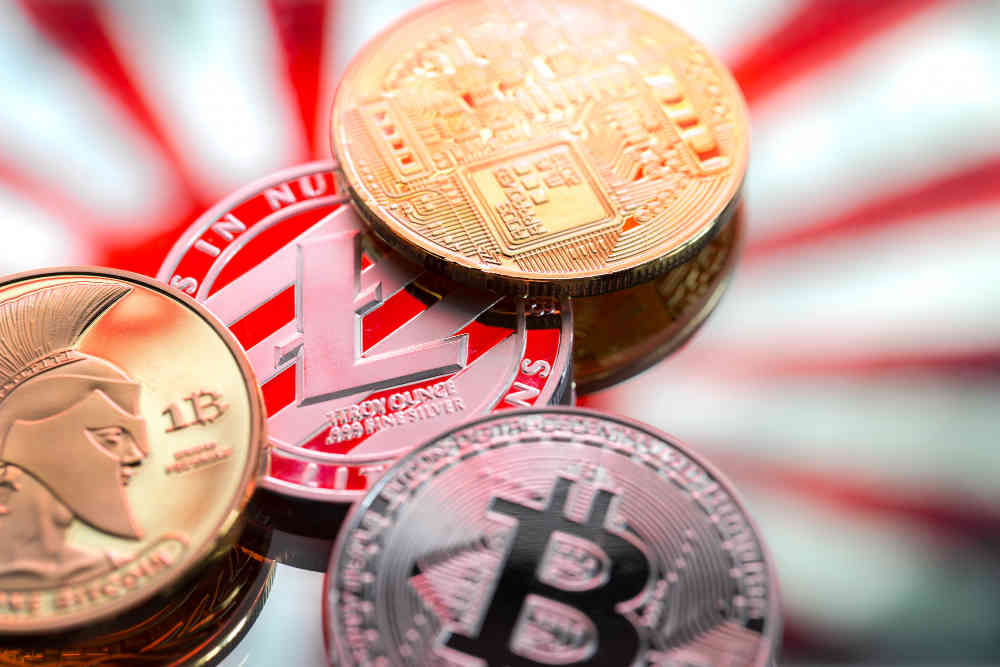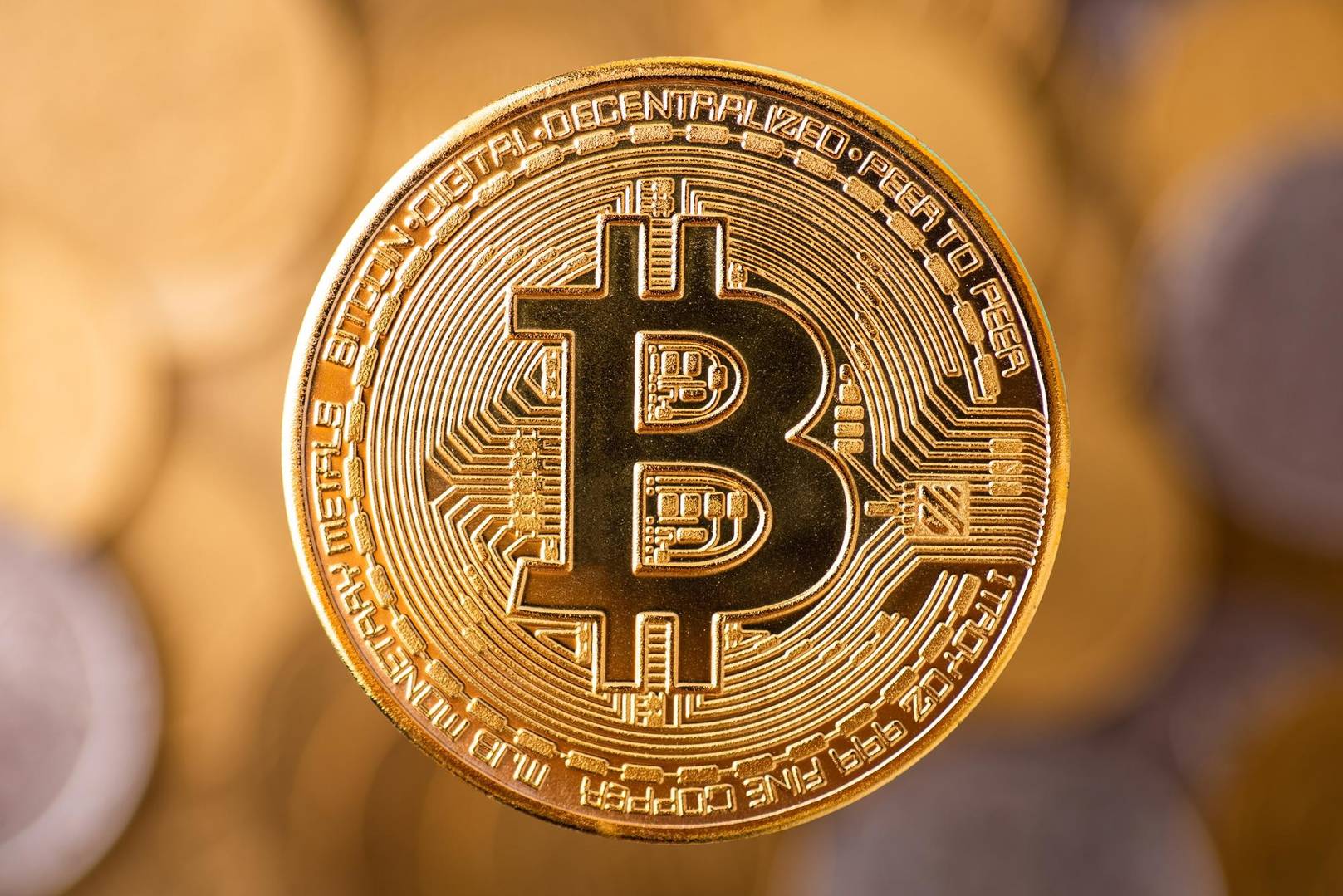It’s the year 2027 now. We live in exciting times with both technical innovation and widespread disorder. When 2027 arrives, how do you think the cryptocurrency markets will be?
Even though they are challenging, long-term forecasts provide interesting mental exercises. While one year is too short to effect significant change, five years is right. These are the five most shocking and outlandish things that will happen in the next coming years.
The Metaverse wil not come to power.
People talk a lot about the Metaverse, but only some can define what it is. The Metaverse is an all-encompassing, persistent, real-time, user-generated, participant-created, participant-owned, participant-created, and participant-created virtual environment with unparalleled interoperability. The Metaverse has the potential to incorporate any number of applications, from games to video conferencing software to license issuance services.
Using this definition, it’s easy to see that the Metaverse is familiar. Most of the functions above have been in games and social networks for some time. There’s no denying that interoperability is a major issue that requires fixing. Transferring digital assets or a digital identity between games without being tied to a single platform would have been a great addition.
However, the Metaverse can never satisfy everyone. Some services have no place in the Metaverse and should be removed immediately. However, the refusal of certain service providers to give up control of their services means that some will stay cut off from the rest of the internet.
Moreover, there is a technological issue to think about. Full submersion into the Metaverse was a central tenet of cyberpunk fiction written in the 1980s and 1990s. Virtual reality glasses are now generally considered essential for such total immersion. The virtual reality gear is improving yearly, yet it still doesn’t live up to our expectations. Even among avid gamers, virtual reality (VR) is still a fad with a small but dedicated following. Most individuals would never buy these spectacles to talk to their granny or trade cryptocurrency online.
We will only be able to immerse ourselves once we reach a technological tipping point fully. There is little chance that those technologies will see widespread adoption during the next five years.
Secondly, wallets will develop into “super applications.”
Today, anyone who wants to dabble in decentralized finance (Defi) must learn to navigate hundreds of different protocols. Hundreds and counting of different wallets, interfaces, exchanges, bridges, and lending protocols exist. Even for power users, dealing with so many different kinds of technology can be cumbersome. This is intolerable regardless of the likelihood of widespread acceptance. Many AI platforms like crypto profit will take over this industry.
The best-case scenario for the average user is when the fewest possible universal apps provide access to the greatest possible range of services. Integration into their wallet is the best option. Instead of visiting dozens of separate sites to obtain such services, why not just use one interface for storing, dealing, transferring to other networks, and staking?
Users are agnostic about the bridge or exchange they utilize. The only things that matter to them are safety, quickness, and cheap costs. Many Defi technologies will evolve into supporting infrastructure for widely adopted wallets and user interfaces.
Thirdly, Bitcoin will eventually be treated as a legitimate currency in the same vein as the dollar or euro.
Money serves as a medium of exchange, a store of value, and a standard of measurement. Stablecoins, one type of cryptocurrency, are widely utilized as currency.
When cryptocurrencies replace conventional money as the standard unit of account, we will have truly won the battle for monetary stability. At the moment, Bitcoin is the most likely contender for this position. A win of this magnitude would mark a significant mindset shift.
How may the next five years bring about the conditions necessary to make this a reality?
For cryptocurrencies to replace the dollar and the euro as a medium of exchange, faith in those currencies must be severely shaken. By creating trillions of dollars worth of fiat money, allowing unusually high inflation to rise, freezing hundreds of billions of a sovereign country’s reserves, and so on, Western authorities have already done a lot to weaken that faith. Possible starting point.
Cryptocurrency’s impact isn’t limited to the banking sector. Blockchain technology has altered long-held ideas like property ownership, which has far-reaching implications for societies everywhere. Individuals have the chance to “possess” a unique collection of data in a blockchain since it is immutable and cannot be altered, deleted, or fabricated. The NFT may be traced back to this kind of ownership.
Worse inflation than expected: what then? But what if this economic downturn lasts a long time? In the event of a new pandemic, what measures would be taken? Queries have been raised about the potential for a regional spread of the crisis in Ukraine. There is a chance that each of these might occur. Even if some examples seem far-fetched, they are not impossible.
Four, the rankings of at least half of the top fifty cryptocurrencies will fall.
Entirely new competitors will likely replace the current leaders in the cryptocurrency market. Cryptocurrencies that are dead, like Ethereum Classic, will be removed from the ranking, while other projects that now seem on top may be dethroned and may even disappear.
There will undoubtedly be stablecoins that fail. They will be replaced with brand new ones. Eventually, Cardan will fall off the list and join the undead ranks. The pace of the endeavor is excruciatingly sluggish. Not only do developers not perceive this as an issue, but they also appear to regard it as an advantage.
Five, the cryptocurrency market will split up by region.
By design, cryptocurrencies operate on a global scale, yet they are not immune to the impact of particular nations. As always, the state has one more card in its sleeve. The US, the European Union, India, China, Russia, etc., are just some countries that have implemented or threatened to implement stringent regulation of cryptocurrencies.
The internal incentives of states are layered with the external aspect of international rivalry. Some cryptocurrency initiatives began limiting or even preventing access to their services for Russian customers after Russia was hit with harsh sanctions. When it comes to China, this scenario might come true again in the future.










